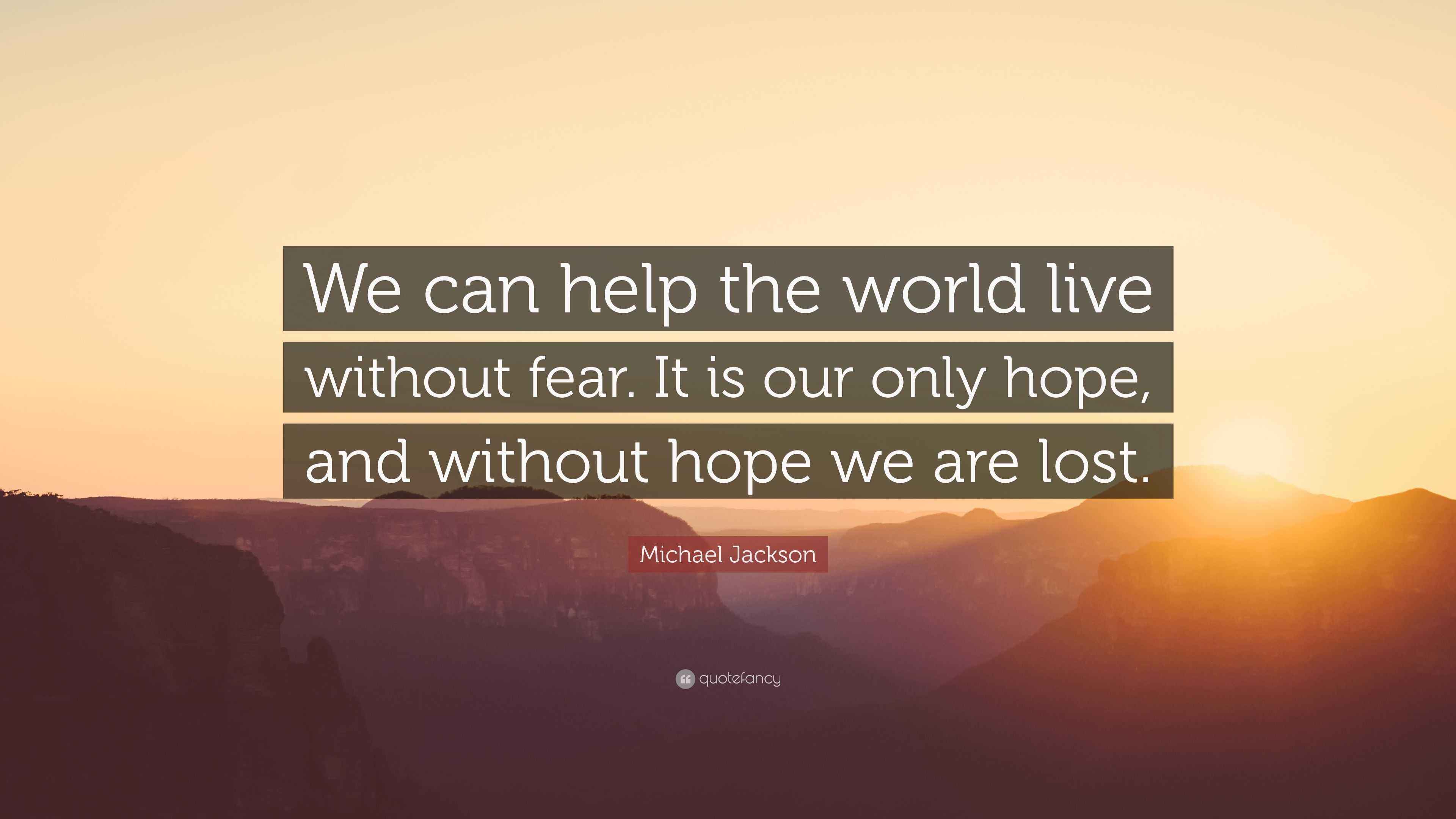
But many careful writers deplore the new meaning.

Hopefully. The old meaning of the word (“in a hopeful manner”) seems unsustainable the newer meaning (“I hope” or “it is to be hoped”) seems here to stay.
#Hopefully we can manual
By the way, the AMA Manual of Style is silent on the matter, which makes sense since there is not much reason to use hopefully in scientific publications. “We now support the modern usage of hopefully,” the tweet said. Then, on Tuesday morning, the venerated AP Stylebook publicly affirmed (via tweet, no less) what it had already told the American Copy Editors Society: It, too, had succumbed. They had pummeled American Heritage into submission, though she fought valiantly - she continues to fight! - by including a cautionary italics phrase, “usage problem,” next to the heretical definition. They had already taken the Oxford English Dictionary they had stormed the gates of Webster’s New World College Dictionary, Fourth Edition. The barbarians have done it, finally infiltrated a remaining bastion of order in a linguistic wasteland. While there are a few who hold on to the ‘in a hopeful manner’ meaning relentlessly, many others have acknowledged the evolution.Īccording to an article in the Washington Post in April, 2012, the Associated Press finally recognized that is okay to use ‘hopefully’ to mean ‘it is hoped’:ĪP’s approval of ‘hopefully’ symbolizes larger debate over language However, time and popular usage has finally worn the zealots down. They were never successful, but they argued none the less. Hopefully, there will be dessert after lunch.Īnd for a long time, strict grammarians argued against this usage. Hopefully, our hypothesis will be confirmed by the experiment. The way we most often use it is to mean ‘it is to be hoped’ or ‘it is hoped’ as our reader indicates. And they are asking about it in a hopeful manner. Here, the children are hoping to go to the toy store this afternoon. “Can we go to the toy store this afternoon?” the children asked hopefully.


This is the story: The original meaning of ‘hopefully’ was ‘in a hopeful manner.’ But really, when is the last time you used it to mean that? And a bumpy road it remains, but it’s not as bumpy as it once was. We’ve been down this road before-back in 2008. Is “hopefully” gaining acceptance these days, as another example of the decline of civilization?Īh, yes, hopefully. Another example: “Hopefully we’ll be on time to the party.” The problem is that every alternative to “hopefully” in that context sounds stilted or clunky or both. Hopefully you enjoyed your holidays.Īnd that is my wlut query: “hopefully”-as an adverb-used as a substitute for “it is to be hoped,” or some such phrasing. Posted in can/could/may, hopefully tagged can, could, may at 6:51 am by dlseltzer JanuWeekly Language Usage Tips: Hopefully & may, can, or could


 0 kommentar(er)
0 kommentar(er)
